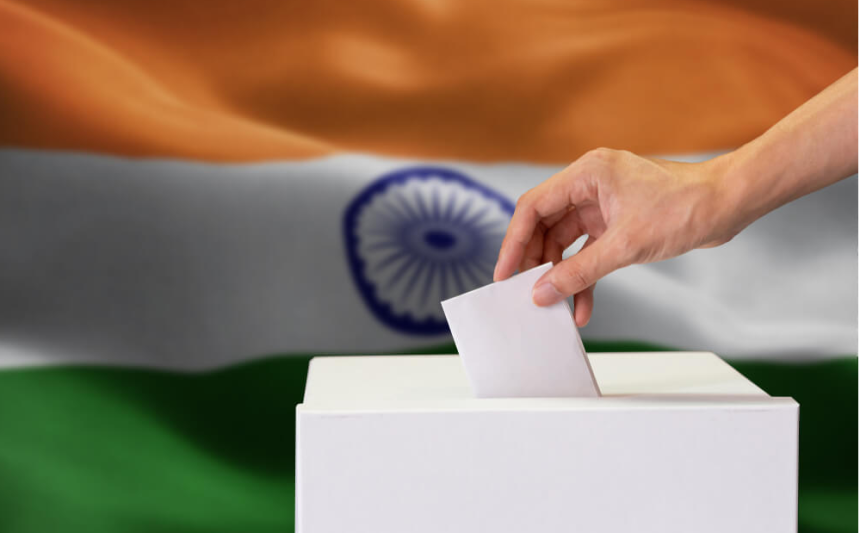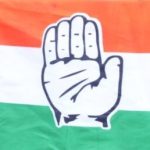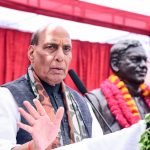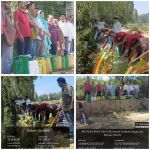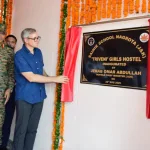Two things can never be predicted convincingly in Jammu and Kashmir (J-K): weather and political climate. Someone has rightly said that while in Kashmir, one should take fur and fan along. Similarly, the region’s political atmosphere is always in a flux. With phase one polling recording around 61 % voter turnout as per the Election Commission of India (ECI), the upcoming phases are believed to follow suit.
In J-K, these assembly polls began on September 18 as scheduled by the ECI. This is the first election since 2019 — when the constitutional status of Jammu and Kashmir was altered by the removal of Article 370 — making the new Legislative Assembly significantly different from the previous assemblies.
The non- BJP parties/ candidates are persuading voters to vote against the repeal of Article 370 by the ruling BJP. How will a common citizen respond? Remains to be seen. Meanwhile the voter ought to exercise her/ his right of franchise with justified reasons. And it is political immaturity if a voter polls impulsively or stays out of the voting process, claiming it concerns him/her in no way. Faults aside, having a legislature is a blessing.
Notably, several candidates are in fray in each constituency at present. This has set up a watchable and unpredictable contest whose real picture will be out on October 8. Pertinently, a candidate’s willingness and ability to provide corruption and hassle-free delivery of public services should guide a voter’s choice at polling. Nothing unrealistic.
These elections are bound to be historic since no political party can claim dominance anywhere in the poll bound areas. However, the leaders are overly zealous as to the superficial display of strength they witness at large political gatherings. These rallies, while impressive in terms of numbers and energy, supply a distorted sense of a party’s real standing among the broader electorate. The applause, slogans and orchestrated support at these events create a dream world for these leaders, providing them a false sense of security and political dominance.
While the traditional parties could bank on their bastions and their trademark ways of wooing the electorate, the new faces should not hold that they will walk away with victory on the back of their mouthwatering ideals. Such claims may succeed in the short term. Politics also is seen as the art of the possible and one need to aim at what is attainable; not impractical.
Equally important for a voter is to rationally assess a candidate’s character and problem -solving capabilities. Progress and prosperity take root when good choices are made at election time and later on accountability is sought after against all odds. No candidate can write an undertaking that s/he will work for social progress. Nor should wise voters get carried away to blindly trust any candidate / party. We need leaders who will work for public welfare; not those who are blackmailing opportunists.
This Union Territory is beset with aplenty of issues and challenges plaguing it in all sectors. Mainly corruption, nepotism and unemployment; the list is long. Although successive governments appreciably have demonstrated readiness in combating these ills, abiding success remains a far cry as of today. The new law makers must not compromise their competence and murder public trust in taking on these alarming issues.
The electorate must use heads, not hearts while casting votes. A polling booth is not an irrelevant platform and a civilized society does not overlook its voting rights.
This changed political landscape shows a division — both among the contesting candidates and the electorate— in J-K. Hope, this division does not translate into social disintegration and jeopardize our very existence. We need those leaders who create a cohesive environment and treat all people with equality and equity.
For a positive change, the ballot stands out as the outstanding option. However, public prudence will be put to test once the outcome of the poll is made public. Up to a point, voting a candidate of one’s liking is understandable but a vote is valuable and its productive use is a must. Why feel guilty later on? Go ahead with the able and progressive minded candidates.
Voters earn respect by thoughtfully casting their votes. It is not in good taste when people just vote a person to power and afterwards console themselves by finding faults in the person’s working style. This simply damages your image, adding to your hardships. But holding your representatives accountable earns you regard besides preventing the misuse of powers.
Certain quarters argue that voting effectively has no connection with development and delivery of justice. This flawed logic is unpardonable. In actual fact, there is no robust substitute to elections and a democratic set up. Elected representatives check bureaucratic excesses and retain public trust in the institutions. Crowds of people prefer complaining to an elected leader over an unelected official. Policies for development, national progress and resolution of public issues are framed by the political leaders on the floor of an assembly or parliament. Officers simply execute them.
Polling in the first phase is a dead giveaway that people are overzealous in exercising their franchise. The bumper polling from phase 1 indicates the number of voters is likely to pick up in the remaining two phases which leaves ample scope to vote out those faces whose track record runs counter to their hollow slogans, promises and performance.
We need to elect the leaders who stand tall despite odds; who have listening ears and resolve public’s real issues; not those who create distractions and just pay lip service but do little in improving the living conditions of the populace.
With several contenders in the race, this election will test the Union Territory’s evolving political dynamics. Will the electorate vote for the redressal of its economic and social issues? Anything less could prove a mirage.
(Author is RK Columnist and teacher by profession. Feedback: [email protected])


